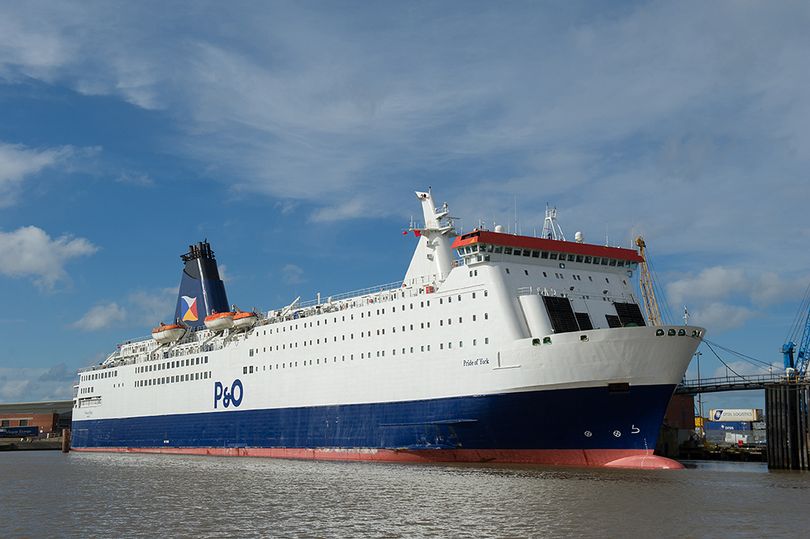Last week, as the sun went down on Britain’s membership of the European Union, a symbolic cutting of the ties took place, witnessed by only 26 people.
On Tuesday evening, the last ferry to link Flanders and England set sail from Zeebrugge to Hull, the final voyage of a 46-year-long history.
The British tourist had discovered Flanders earlier, in the late 19th century, when Ostend was only a day-trip by steamer away from Dover. The vestiges of the British connection are still visible in Ostend, in the names of pubs and streets, and the menus of the seafront restaurants.
In 1974, with the adhesion of the UK to the EU, a ferry service for cars and passengers started from Zeebrugge to Hull in the North of England, specifically aimed at passengers and freight heading for points north including Scotland, allowing them to skip most of the long road journey from Dover.
On board, lorry drivers and passengers alike were housed in cabins, serviced by two restaurants and had the freedom of shops, a disco, a show and a promenade.
Since then, the service has been virtually without interval, served by three generations of ship, and carrying millions of passengers.
The last generation of ship was operated by P&O Ferries, and saw the Pride of York and the Pride of Bruges alternate, crossing every night in the middle of the North Sea, taking passengers and freight there and back, or vice versa.
But Zeebrugge was always the ferry company’s Cinderella child. When the ships on the Hull-Rotterdam route were upgraded, Zeebrugge got the hand-me-downs. So it was in 2001, when two super-ferries – the Pride of Hull and the Pride of Rotterdam – entered into service on the Rotterdam crossing, and their predecessors, the Norsea and the Norsun, switched to Zeebrugge under the names Pride of Bruges and Pride of York.
In the end, 19 years later, the age of the two ships started to tell. Passenger numbers dropped like a stone in the ocean, while freight turned more and more towards the Channel Tunnel. More recently, Brexit and the Covid-19 pandemic have had their effects.
P&O decided not to continue investing in the route. At the beginning of December, the Pride of York sailed from Hull for the last time, heading for Rotterdam after having been laid up in Hull since April.
This week, it was the turn of the Pride of Bruges.
“This is your captain speaking. Welcome aboard,” came the announcement as the ship set sail for the last time, reported De Tijd.
“We expect a north-westerly wind of force 4 tonight. May I ask you to wear your face mask and always keep at least 2 meters apart. I would also like to emphasise that this is the last voyage on this line. The last time from Zeebrugge to Hull. This is, really, the end of an era.”
The two sister ships are expected to be scrapped.
Alan Hope
The Brussels Times

